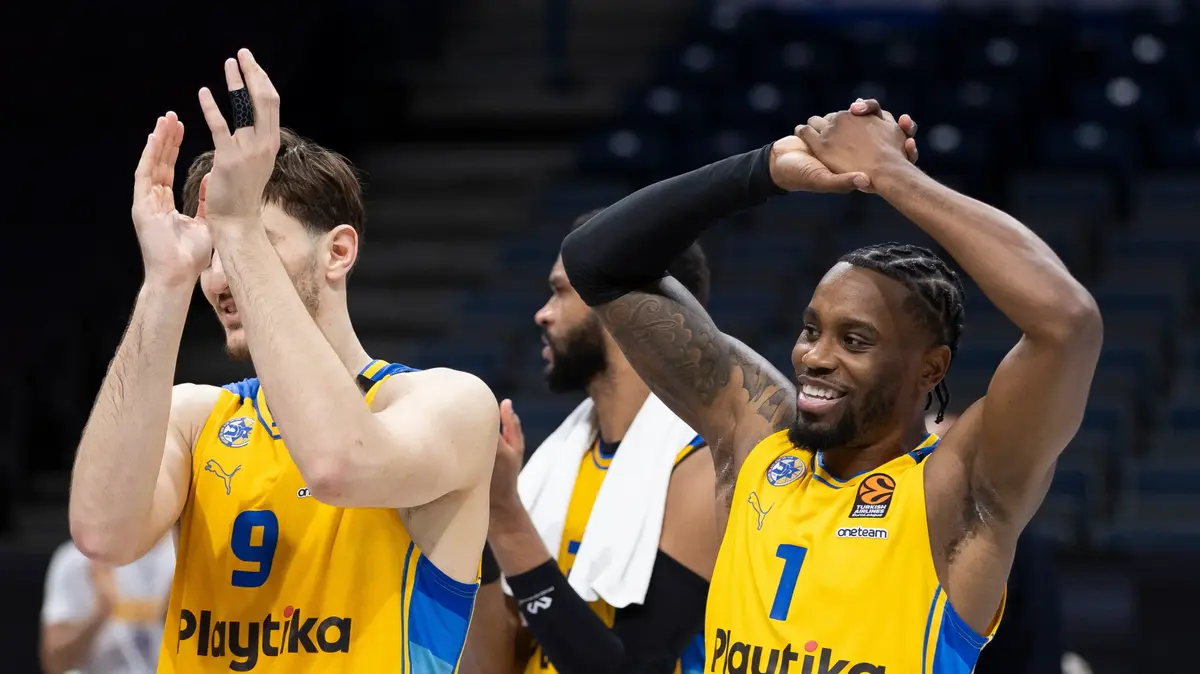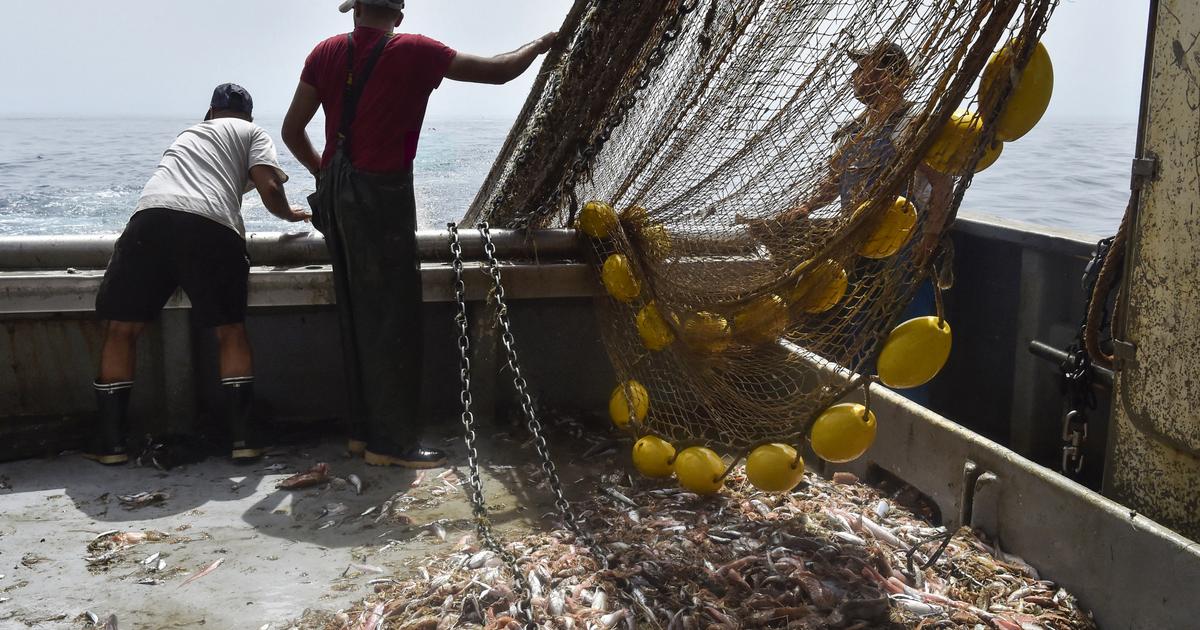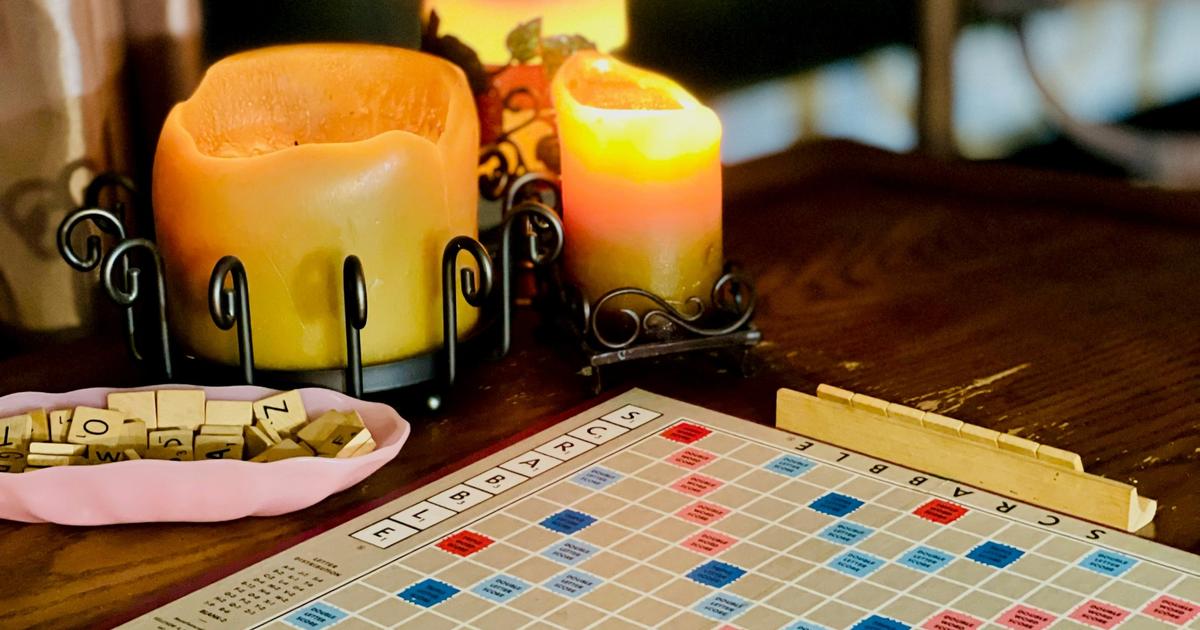"Original Play" - hardly anyone knew this method of playing a few weeks ago, now polarizing them like no other topic. Many parents, educators and politicians consider the pedagogical concept behind them extremely questionable. Some suggest that it encourages unfair physical contact between children and adults. Others defend the method - despite threats.
The reason for the heated debate is an ARD report on alleged sexual violence in two kindergartens in Berlin and Hamburg in connection with the game method "Original Play". The article was about allegations made by parents last year. Two Protestant day-care centers in Hamburg and Berlin had accordingly invited several "original play" coaches to themselves, even educators practiced the method.
Children are said to have been injured during these seasons, according to the report. Some parents also concluded from their children's stories that it could have come to abuse and even sexual abuse. Since then there has been a heated argument:
How dangerous is "Original Play"? How do children volunteer? And do strangers get too close to children in this way of playing?
Looked over by children and wild animals
It is "difficult to define Original Play," it says on the German website of the International Foundation for Original Play, chaired by the American Fred Donaldson. He has developed the game method in the observation of animals and children, as he explains himself. It is about communication without words. A description of what exactly happens on "Orginal Play" can not be found on the website.
In video sequences you can see how adults with children romp on mats and romp, as it comes to various touches, such as a boy sitting briefly as a rider on the lying Fred Donaldson and is repeatedly thrown by him in the air.
The idea behind it describes the Austrian "Original Play" association in a statement after the allegations so: Even small children today could often no longer play without aggression. "Original Play" gives children the opportunity to be together without hurting each other - and to acquire social skills.
"The role and role of the adult is to accompany children in their play, to show their own ways, to resolve aggression and to exemplify gentleness, kindness and respect for others." At the same time it says that the benefits of "original play" are not limited to children, but "are available to all of us".
About 30 to 60 minutes is reportedly a game unit. The method can not be taught, but can only be learned through experience - by the "masters", the children.
To be recommended as an "apprentice"
If you want to offer playtime in day-care centers and schools as an "Original Play" trainer, you can be listed as an "apprentice" on the Foundation's website. Interested people do not have to have pedagogical training, but according to the foundation, most "apprentices" have a pedagogical or medical background.
Among other things, you must have participated in at least four multi-day seminars. In addition, they are said to have played within three years with at least 3,000 children using the Donaldson method. The concept is being implemented in several countries worldwide. How far it is spread is not recorded in numbers. Critics would prefer if the method is no longer practiced.
Whether there was sexual violence in Hamburg and Berlin more than a year ago is not clear. One of the accused rejected the allegations in the "Frankfurter Allgemeine Zeitung" (FAZ). The Hamburg prosecutor's office has stopped the investigation for lack of evidence, as confirmed by the SPIEGEL. From Berlin it is said that the allegations could not be confirmed.
Berlin issues ban
The Berlin Education Senate drew consequences after the publication of the ARD report - and issued a ban. Nobody is allowed to practice "original play" anymore with children in Berlin kindergartens because of a possible danger to the child's welfare.
Hamburg did not issue a ban. However, it is recommended that kindergartens refrain from using the method, according to the Social Security Authority. "Ultimately, bearers and institutions are responsible for the protection of children." Professionals do not see pedagogical added value, writes the agency in a statement. At the moment you do not know of any institution that offers "Original Play" in Hamburg.
Some bearers are alarmed: "We warn against practicing the 'original play' method, as it could lead to border crossings in dealing with closeness and distance," says the Evangelical Church of Germany and Diakonie in a joint statement.
"Abandons any scientific basis"
Bavaria goes one step further: "'Original Play' lacks any scientific basis," says the Ministry of Family Affairs. Reserve yourself from promoting facilities that use this method or offer space for it. That's not enough for two petitions, they call on ministries of education in Germany and Austria to ban "original play" across the board.
The German Child Protection Association supports the demand for a nationwide ban. "Every educational activity should focus on the rights, interests and needs of children and young people," writes Vice President Sabine Andresen in a statement. "That this is the case with Original Play, there are legitimate doubts."
The idea that strangers could seek unfair physical contact with young children through "original play" appalled politicians, parents and therapists nationwide. They charge suspected violations of the method. Others, on the other hand, continue to support "original play" approaches, explaining possible offenses that individuals have misbehaved.
How voluntarily did the children play?
Even parents of children in whose daycare "original play" has been applied are at odds with how the method is valued. A father, whose child goes to the Berlin day care center, where other parents raised the abuse allegations, reports: Since his four-year-old child came to the daycare center in 2016, the regular staff have played with the children once or twice a week. In addition, once a year there was an appointment with an external "Original Play" coach.
He had always felt well informed, says the father, who does not want to read his name in the media because of the polarized discussion. His child could not have done much with the method and watched from the edge. That was not a problem. "I find it highly problematic that 'Original Play' is now flat-rate, now more than a year after the allegations."
Another father, whose child also went to the daycare, is against it. He found "Original Play" less voluntary: "My son never liked the method, but he did," says the father, who also wants to remain anonymous. Educators would have encouraged the children to participate, with friendly gestures - but just out of a position of power. "How should a three- or four-year-old child escape?"
Fight and fight, yes - but with whom?
On the Austrian website of "Original Play", "apprentices" receive recommendations on how to encourage children to play. On the one hand it says: "Be aware that no child has to attend." On the other hand, there is also: "Invite the children who do not want to play, so they do not feel excluded with each round of play." Maybe that's the only way for a child to feel compelled?
Behind the dispute over the method of play is also the question of how far body contact of young children with external "original play" coaches, who are not caregivers, makes sense at all. What can this body contact be good for? And which adults should and should have this contact with children in principle?
On several dates, foreign adults played with the children, says the Berlin father, who sees the method critically. There are numerous e-mails and photos that prove that. He is also convinced that parenting was not about who went in and out of the day care center.
Please not with strangers!
Susanne Viernickel teaches the subject Pedagogy of Early Childhood at the University of Leipzig. Basically, she shares the concern to empower children in dealing with physicality: "I observe that many professionals in Kita's body contact no longer allow, which is incredibly important for children, especially for younger."
Wrapping, dressing and helping babies in the toilet - educators inevitably have constant physical contact with children. But Viernickel means another form of closeness to familiar people. Rattling and rattling enable children to find out boundaries and develop trust, she says - and at the same time demands: "But please together with parents or educators, not with strangers."
As a rule, children would know very well which touches they find pleasant and which went too far. "However, if parents or educators ignore this, children can no longer distinguish what is appropriate and what is not." Therefore, parents have to pay attention to the signals of the children and respond to them.
"Original Play" is very problematic for Viernickel: "This method suggests children: it is okay for strangers to seek physical contact with them." There are many concepts that also sensitize children to unwanted touch - and are less prone to it.
Also the Kinderschutzbund expresses itself in its opinion extremely critically: It would just not children with each other, but adults with children. "A difference between children and adults that is central in terms of physicality is at least blurred here."
In addition, according to the description on the "original play" website, the method is thought of by the adult, who lost the original game and still has a need for touch. Pedagogy, however, must serve children - not adults.
"Apprentice" wants to protect himself from suspicion
Only one "apprentice" is listed on the website of the "Original Play" Foundation for Germany, as it is for the Netherlands, the Czech Republic and Greece. Five are in Poland, two in Sweden, eleven "apprentices" in Austria, including Steve Heitzer, a trained religious educator and theologian, father of three children, run a private kindergarten. This is evident from his profile.
Heitzer has been playing "Original Play" in kindergartens and elementary schools in Austria for many years - and also likes to see familiar people romp around on the mat with their children: "I would like teachers and parents to adopt our concept. " Heitzer therefore offers seminars for this target group.
However, he had the experience that many educators and educators did not trust the method without support. They would prefer to outsource games to Donaldson who do not look after the children on a daily basis, says Heitzer. The reason: These external people are responsible for ensuring that no child is injured in wild games.
From Heitzer's point of view, however, this is not only regrettable from a pedagogical point of view - but can sometimes be a problem for "original play" providers - namely, when they are suspected of being overbearing while playing. In order to protect himself from accusations, he insists for some years on the fact that always another adult is present, says Heitzer. The safety of everyone in the room is one of the most important parts of "Original Play".
more on the subject
What if someone ignores this claim?
With "Original Play" there are so far no uniform controls, there are the protection concepts of the respective institutions. "Original Play" is a rather young network of coaches from many countries with rather loose structures, says Heitzer. Ultimately, it is up to them and the institutions that created the workshops.
They want to check the processes again, it says on the Austrian "Original Play" website. Currently one works on a guideline for apprentices and mentors. In addition, they have turned to child protection organizations to jointly review the security guidelines and to create a comprehensive child protection concept.
A ban on "Original Play" finds Heitzer covered. "The risk is in no way higher than with many other pedagogical methods, on the contrary: we never work alone with single children."
Invitation for pedophiles?
But critics warn against pedophiles taking a crash course for money in "original play" and then quickly getting into daycare centers without any prior knowledge or bad intentions to get close to children, gain their trust, and then go outside the play lesson abuse.
It is not clear how fast interested people can actively participate in a season. According to the ARD report, they can join after a crash course. On the website of "Original Play" is not formulated clearly, from when you can collect the necessary 100 hours of play with children per year to be certified as an "apprentice".
The accused coach is quoted in the "FAZ" as saying that there is only one situation in which strangers play in the kindergarten, namely, if beginners in "play opportunities" of experienced "original play" players would be taken. That is not the rule. Steve Heitzer says that in the beginning you can only watch from the edge.
"The risk of getting too close to children too quickly is no higher in 'original play' coaches than in other people who have access to a kindergarten - educators, parents, interns," says Heitzer.
Shortly after the publication of the ARD report, he nevertheless canceled an "Original Play" workshop in a German city. The reason: On Facebook, protesters had announced that they wanted to protest in front of the building, colleagues had received death threats. Heitzer says, "We take the concerns very seriously and do not want to give the impression that we are going to confront."






